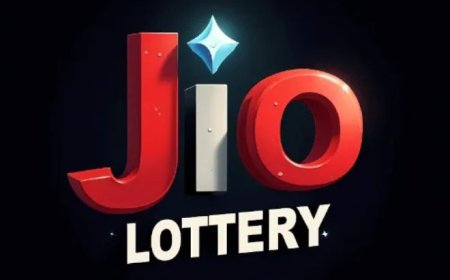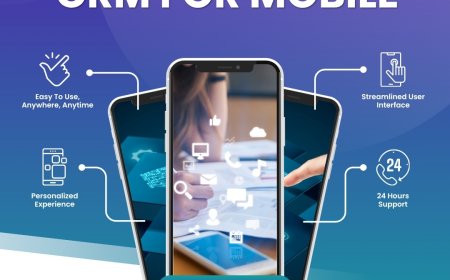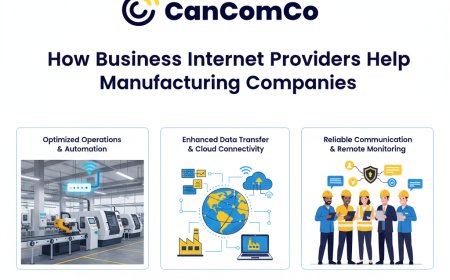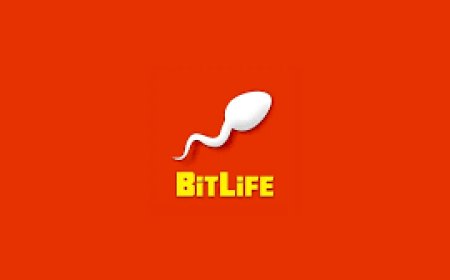What’s the Difference Between Author Marketing and Book Marketing?
"Books are written in silence but find life through voices that share them."
Every writer dreams of reaching readers. But the path from writing to building visibility has two sides: book marketing and author promotion. Many new authors assume both are the same. Yet, they shape careers in very different ways. Understanding how these two strategies work, and how location influences both, is key for any writer aiming to grow. For example, book marketing in New York often starts with launch campaigns designed to grab attention in one of the world’s most competitive publishing hubs.
Why Writers Struggle with Marketing Choices
Many writers spend months or even years completing their manuscripts. The excitement of finishing can sometimes push them straight into promotion without a plan. This leads to frustration when results don’t match expectations.
Some put all their focus on short-term sales. Others aim for long-term visibility but fail to promote their current release. Knowing the difference between book marketing New York strategies and broader author marketing New York approaches helps avoid this imbalance.
Defining Book Marketing Clearly
At its core, book marketing is about promoting one single work. The spotlight is on the title, cover, and sales. This strategy includes tools like:
-
Paid ads on Amazon or social media
-
Book signings and release events
-
Sending free copies for reviews
-
Creating short-term campaigns for launch week
The strength of book marketing is its focus. It drives readers to a purchase quickly. The weakness is that once the campaign ends, the visibility fades too. That’s why this approach works best when a writer has clear launch goals in mind.
Short-Term Wins vs. Long-Term Growth
Think of book marketing as lighting a firework. It shines brightly for a while but eventually fades away. On the other hand, author marketing in new york is more like planting a tree that grows slowly but stays for years.
Writers who only focus on sales of one book may struggle once that cycle ends. But those who balance both methods can grow their readership while also building personal recognition.
When to Rely More on Book Marketing
Book-specific campaigns work best when:
-
You are releasing a debut title and need immediate awareness.
-
You want quick sales to attract publishers or agents.
-
You’re running promotions during key seasons like holidays.
-
Your goal is to move physical copies at bookstores or events.
This approach is all about impact now. It’s tactical, practical, and highly focused on one result: selling that book.
Why Readers Care About More Than the Book
Today’s readers want more than just a story. They want to connect with the person behind the story. Social media and online communities have changed expectations. Readers like hearing about your writing process, your inspiration, or even your daily habits.
This is where author marketing comes in. By building a personal brand, a writer develops trust and loyalty. The focus shifts from selling a single title to creating a bond that lasts through every release.
Author Marketing Builds Relationships
Here, the spotlight is not on just one book. Instead, it’s on the writer’s identity. This includes:
-
Building a personal website with regular updates
-
Growing an email list for direct communication with fans
-
Engaging on platforms like Instagram, TikTok, or X
-
Speaking at conferences or podcasts as an expert voice
This approach builds a reputation over time. Readers begin to buy future books not only because of the story, but because of the trust they have in the author.
Why Both Approaches Work Better Together
The most successful writers combine them. They use book marketing New York campaigns for launches and promotions, while also investing in author marketing New York strategies for ongoing visibility.
For example, an author may run ads for their new release while also sharing personal posts that show their writing process. Readers see both sides: a book worth buying and a writer worth following.
Practical Example of Both in Action
Imagine a fantasy writer releasing a new trilogy. During the first launch, they run book ads, host giveaways, and push reviews, that’s book marketing.
At the same time, they share their world-building notes, post fan Q&A sessions, and write newsletters about writing habits, that’s author marketing.
When book two arrives, fans already trust the author, making the second launch smoother. By book three, readers are not just buying the book, they’re supporting the person behind it.
The Core Difference in Simple Words
To put it simply:
-
Book marketing is about selling one story now.
-
Author marketing is about selling yourself so readers want all your stories later.
The two are not rivals but partners. One drives sales, the other builds careers. Both require time, but together they create lasting impact.
Summary Reflections
Success in publishing isn’t just about one launch. It’s about creating a reputation that makes readers return again and again. A writer can’t rely on a single campaign forever. Building a trusted identity is what keeps the work alive. That’s the strength of author marketing in new York, it turns a writer into a recognizable voice, not just a name on a cover.
FAQs
1. Is book marketing only useful during a launch?
It’s most powerful at launch, but it can also work during seasonal promotions, discounts, or reprints.
2. Can I do book marketing without social media?
Yes. You can focus on ads, print promotions, bookstore events, and mailing lists. Social media helps, but it isn’t the only path.
3. How is author marketing different from book marketing?
Author marketing builds your personal presence over time. Book marketing pushes sales for one title. Both serve different purposes.
4. What’s the best starting point for a new writer?
Begin with book marketing to get your title noticed, while slowly building author-focused efforts like a website or newsletter.
5. Which one leads to long-term success?
Author marketing drives lasting recognition, while book marketing drives immediate sales. A mix of both ensures balance.

























